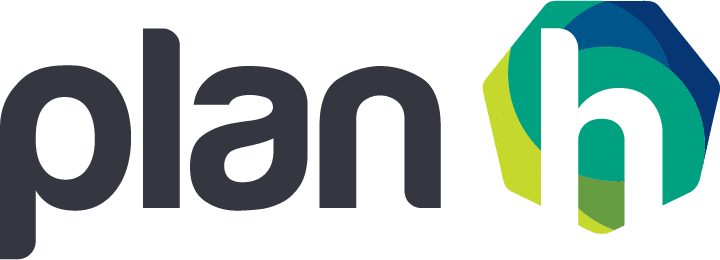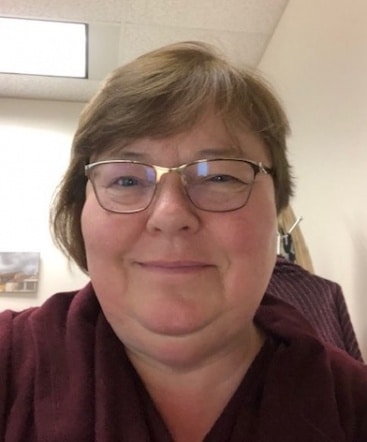More and more, local governments in BC and beyond are appointing social planners to focus specifically on improving the well-being of their community members. In 2016, the City of Delta made the decision to create a social planner position to assess the social needs of the community and develop a Social Action Plan to address them. Gillian McLeod, a former librarian with a 30-year career in the public service, was up to the task.
Many social planners use the healthy communities approach as a guiding frame for their planning practice. This approach supports the built, social, natural and economic determinants of health in order to improve the health and well-being of communities (see sidebar)¹.
Social planners are well suited to use this approach, as social planning is a process that aims to improve the quality of life for people living in a community². Some of the specific topics that social planners work on are housing and homelessness, early childhood development, food security, health, safety and accessibility.
McLeod uses the healthy communities approach in her day-to-day work at the City of Delta. Given her background in theology and librarianship, it’s no surprise that Gillian aims to serve people—as a librarian, Gillian was privileged to serve all community members.
“I worked with public health nurses and population and public health during my time at the library, so I was right on board with healthy communities when I started.” says McLeod.
McLeod often asks people—community members, organizations, local government colleagues—“if you had a magic wand, what would you want to see?” and uses responses to identify gaps in the community.
“In public librarianship, we are privileged to see almost everyone in society—those with enough and those who have no experience having enough,” she reflects emphasizing that libraries are a place of no barrier access for everyone. “My passion lies in service to people, and as the libraries became more and more a place for people to just be, with lack of housing and lack of community supports, I learned more and more about public policy and public administration.”
It is through this passion for serving all people, combined with her years of experience gaining an intimate understanding of the community’s needs and resources, that McLeod approaches the social planning role at the City of Delta.
Community Engagement and Multisectoral Partnerships
One of the main roles of a social planner is connecting people, and McLeod has an innate ability to bring people together. McLeod often asks people—community members, organizations, local government colleagues—“if you had a magic wand, what would you want to see?” and uses responses to identify gaps in the community. Through this process, McLeod acts as a conduit of information from the community to the local government and is in a position to advocate for a healthy communities approach.

Photo credit: Gillian McLeod.
Already armed with skills in community engagement and having established partnerships within the community, McLeod’s first job as Delta’s social planner was to document the specific needs and assets of the city by completing the community’s Social Profile in 2017. The process of completing the Social Profile was a way for McLeod to build upon her relationships—an integral part of the healthy communities approach.
Political Commitment and Healthy Public Policy
The Social Profile also helped to gain political commitment in order to work towards healthy public policy. While the health effects of many local government policies might not be intuitive to all, Gillian makes sure to bring a health and equity lens to conversations with her colleagues. Who is not mentioned? Or whose voice is not heard? are questions she asks to challenge people to think about the bigger picture so that everyone is benefitting from government policies.
“I like to ask people ‘show me something you’re working on right now; pick anything.’ And I’d be able to weave into whatever they’d picked, how it affects different parts of the community. So for me, what has come about now that I’ve introduced this way of thinking is, people are able to see the part they play in the development of Healthy Communities and ask “How are these policies, or how does my work affect others?”
McLeod is continuing to build momentum with her healthy communities work: in 2018, the City of Delta released a Social Action Plan, which identifies the next steps of the Social Profile. For McLeod, the Plan is not only a strategy to improve well-being in Delta, but also an opportunity to connect and check in with local organizations serving the community. Soon updates will be done on both the Social Profile and the Action Plan that will demonstrate the successes that Delta has completed for their residents.
“For me, because I am a high-relationship person, I like to ensure that everybody in some way has been touched during the year. And the Delta Social Action Plan, is actually an amazingly helpful tool that I can check in about,” she says.
The five building blocks of the healthy communities approach are:
- Community engagement
- Multisectoral partnerships
- Political commitment
- Healthy public policy and
- Asset-based community development
___________
¹Canadian Healthy Communities Network. (2011). The healthy communities approach: A framework for action on the determinants of health. Retrieved from http://bchealthycommunities.ca/res/download.php?id=982.
²City of Delta. (2019). Social planning. Retrieved from http://www.delta.ca/services/social-planning




